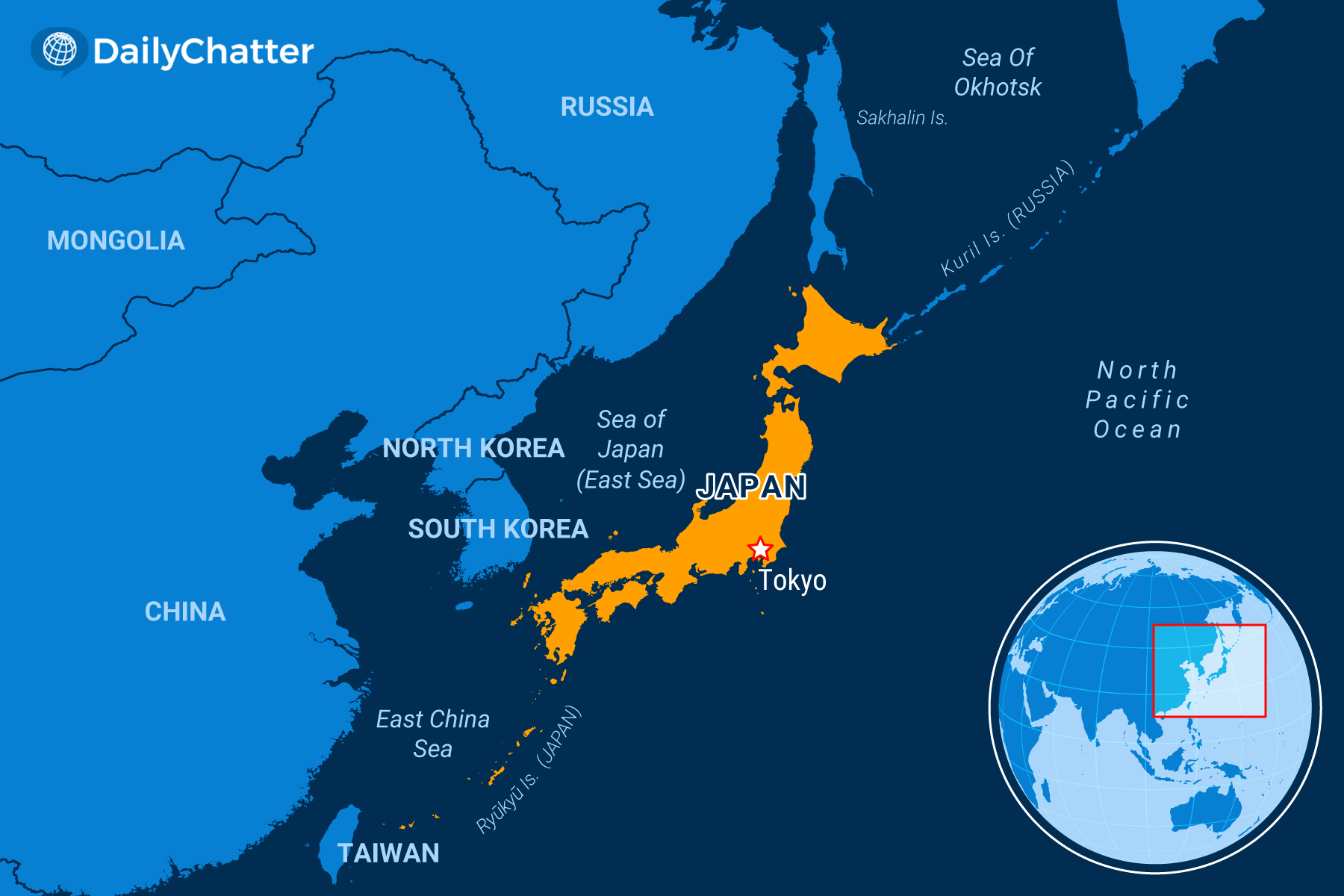Need to Know
July 11, 2022The To-Do List
Japan

|
Listen to Today's Edition
|
On Friday, a gunman murdered former Japanese prime minister Shinzo Abe, a towering figure in Japan.
The seismic impact of that killing will linger for years to come, a Bloomberg opinion piece noted.
This is a country where violence is so rare that most people can remember individual attacks years or even decades later. That Abe was out campaigning with little security when he was gunned down underscores the perception of safety here, and how this killing shook it.
In the western city of Nara, Yoshihiro Sakamoto, an 81-year-old retiree, dropped off white and yellow chrysanthemums as he wiped his tears near the spot Abe was shot by a lone gunman whose motives are still unclear. “We can no longer feel assured that Japan is peaceful,” he told the Wall Street Journal.
Over the past five years, there were fewer than four fatal shootings annually on average in Japan – and just one last year.
Serving as prime minister from 2012 to 2020, Abe, the country’s longest-serving postwar politician, is credited with transforming Japan by pushing for a more prominent role on the global stage. He also shifted the country’s postwar pacifist stance to one taking more responsibility for its own defense, especially in the face of rising aggression from North Korea and China.
Abe told the Economist recently that Japan “must take responsibility for peace and stability” and break with the mindset of seeing an “ideal world.”
On Sunday, voters, whether out of agreement with Abe’s vision or respect, gave his ideological successor a victory: Prime Minister Fumio Kishida’s ruling Liberal Democratic Party (LDP) and its coalition partners secured a two-thirds supermajority in the nation’s parliament according to results from Sunday’s election, the Washington Post reported.
Kishida, the LDP and their partners will have plenty to deal with as they continue to push their vision for Japan.
At a time when Russia has sought to upend the world order by invading the former Soviet republic of Ukraine, Japanese leaders are fearful that China might similarly seek to use aggression to seize Taiwan, challenge Japan and its most important ally, the US, and undercut the country’s trade-based economy.
At the G-7 summit in Germany recently, for example, Kishida urged Western leaders to keep in mind the deteriorating security situation in East Asia, warning that China, like Russia, wants to “change the international order by force,” noted the Diplomat. Kishida has also sought to expand Japanese collaboration with NATO countries, Kyodo News added.
Japan’s economy, meanwhile, is slowing along with the rest of the world as energy prices and inflation take their toll on growth, reported the Associated Press. In response, Kishida has proposed boosting digitization, more military spending, as well as more incentives for startups and renewable energy projects. That military spending would go against more than 70 years of pacifism that Japan has adopted since the end of World War II, added CNBC.
And now, added to the to-do list, is comforting a shaken nation.
Not already a subscriber?
If you would like to receive DailyChatter directly to your inbox each morning, subscribe below with a free two-week trial.
Support journalism that’s independent, non-partisan, and fair.
If you are a student or faculty with a valid school email, you can sign up for a FREE student subscription or faculty subscription.
Questions? Write to us at hello@dailychatter.com.

